1. “I Can’t Get No Satisfaction” by The Rolling Stones
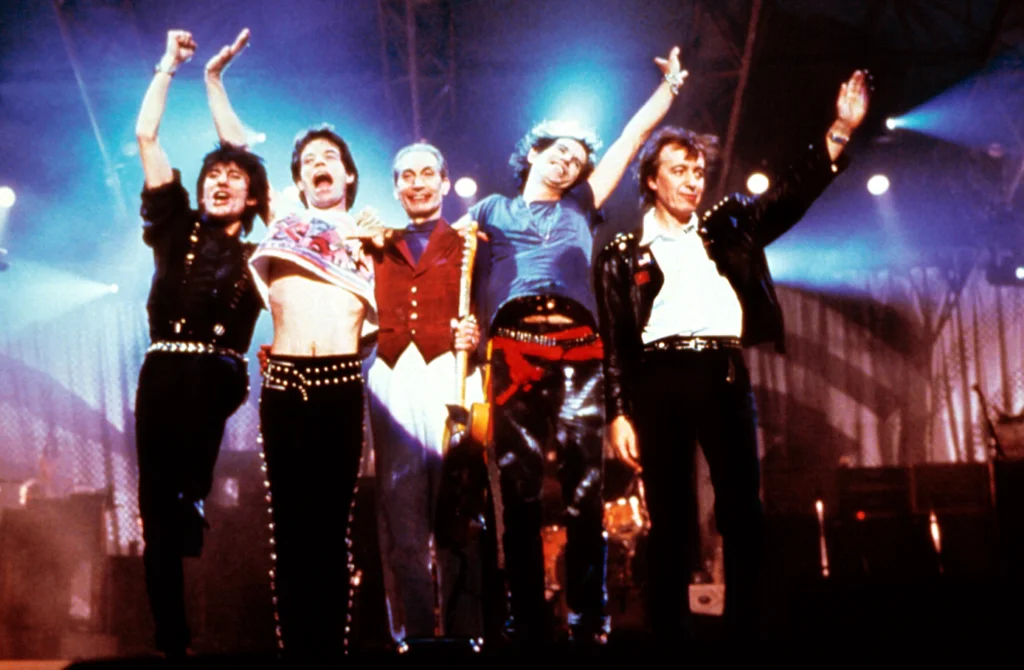
When The Rolling Stones released “I Can’t Get No Satisfaction” in 1965, it became an anthem for a generation. Its rebellious tone and catchy riff resonated with the youth, defining the essence of the ’60s rock movement. Lead singer Mick Jagger’s signature vocal delivery, paired with Keith Richards’ unforgettable guitar line, captured the frustration and disillusionment of the time. The song’s commercial success helped solidify The Rolling Stones as one of the biggest rock bands in history.
But the impact of “Satisfaction” stretched far beyond its initial success. The song became a blueprint for future rock anthems and inspired countless musicians. It was one of the first rock songs to use a fuzz guitar, which would later become a defining feature of many ’60s hits. As the years passed, “Satisfaction” remained a cultural touchstone, influencing generations of musicians and cementing its place in the Rock and Roll Hall of Fame.
2. “Good Vibrations” by The Beach Boys
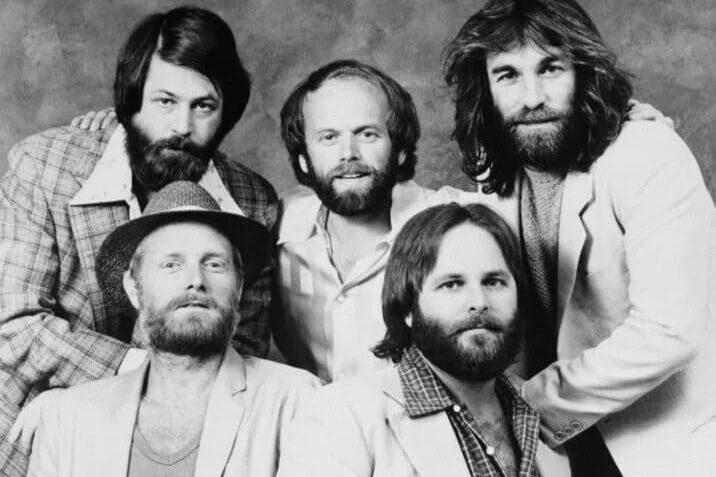
Released in 1966, The Beach Boys’ “Good Vibrations” was nothing short of revolutionary. Brian Wilson’s innovative production techniques and use of complex studio effects made the song a masterpiece of its time. The combination of lush harmonies, unconventional instruments like the theremin, and layered arrangements created a sound that had never been heard before. The song’s upbeat, psychedelic vibe captured the optimistic spirit of the ’60s, yet also hinted at the growing experimentalism of the era.
Not only did “Good Vibrations” showcase Wilson’s genius, but it also played a significant role in shaping the future of pop and rock music. Its success proved that pop songs could be complex and artistically ambitious, breaking away from the standard formula of the time. The song’s influence can still be felt in today’s music, especially in artists who push boundaries and blend genres. It remains one of the most iconic songs of the ’60s and a defining moment in the era of California surf rock.
3. “Like a Rolling Stone” by Bob Dylan
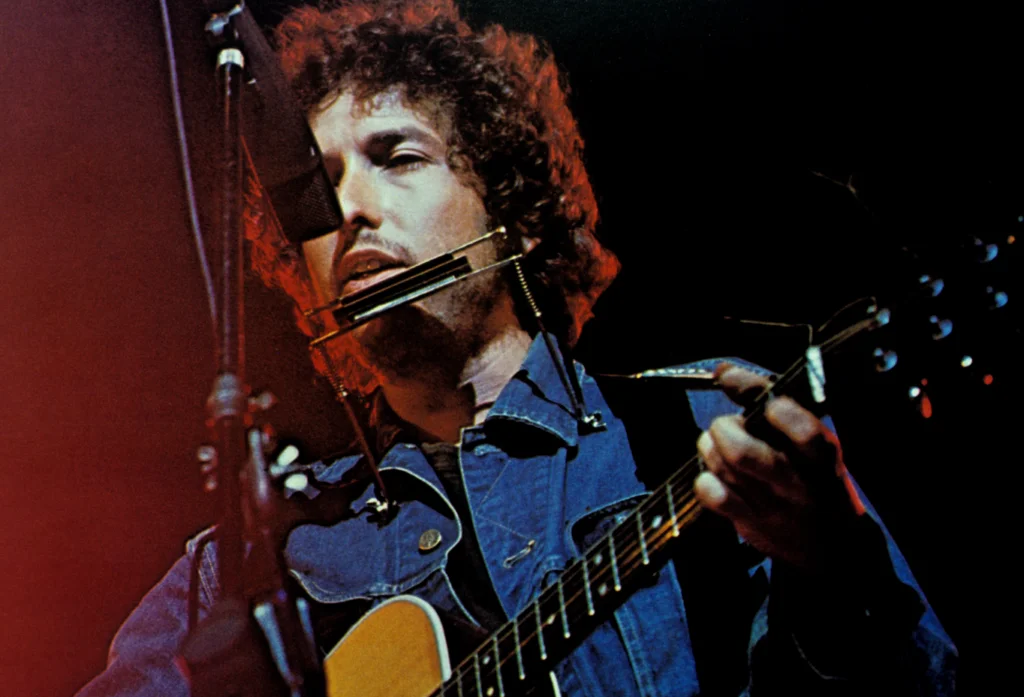
Bob Dylan’s “Like a Rolling Stone,” released in 1965, marked a dramatic shift in popular music. This six-minute epic combined poetic lyrics with a hard-driving rock sound, offering a stark contrast to the more traditional folk songs that had made Dylan famous. It’s often credited with bringing intellectualism and social commentary to the mainstream, as Dylan’s lyrics challenged listeners to reconsider their views on identity and society. The raw emotion in his voice and the song’s unforgettable chorus created a lasting cultural impact.
“Like a Rolling Stone” is often regarded as one of the greatest songs ever written, not only for its lyrical depth but also for its groundbreaking approach to song structure. The track helped cement Dylan’s status as a visionary, influencing not just folk and rock artists but also poets, filmmakers, and other creative minds. The song’s defiant tone captured the spirit of the ’60s counterculture, while its lasting influence can be felt in everything from indie rock to hip-hop today.
4. “Respect” by Aretha Franklin
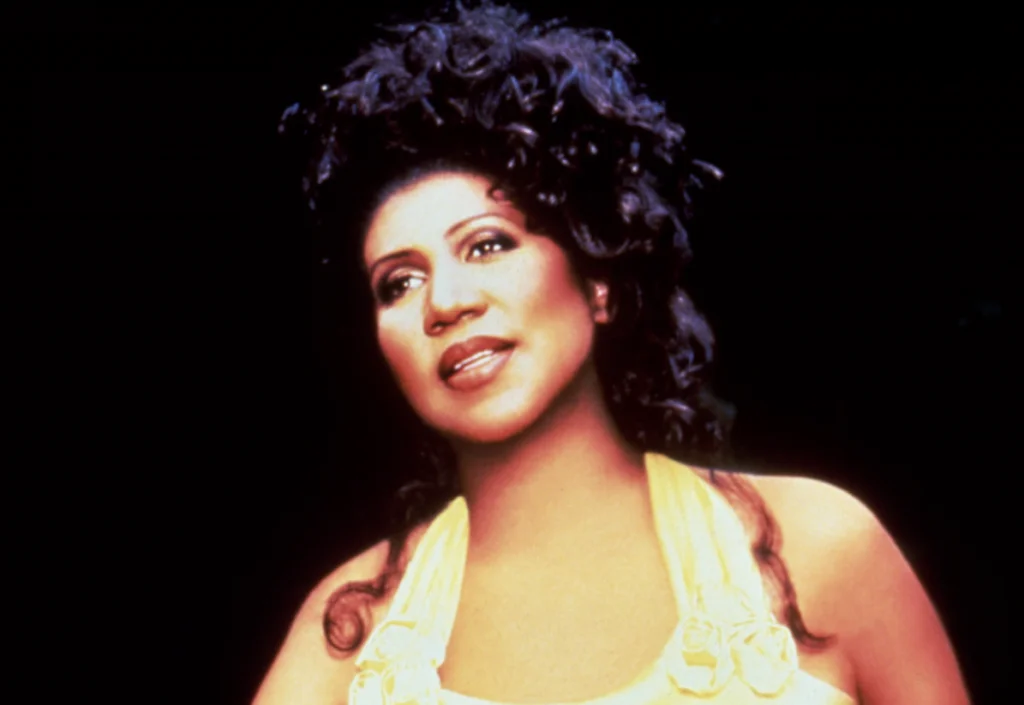
When Aretha Franklin released “Respect” in 1967, she didn’t just record a song—she created a movement. Originally written by Otis Redding, Franklin’s version took on new life, transforming it into a powerful anthem for women’s empowerment and civil rights. Her impassioned vocal performance and bold, commanding presence on the track turned “Respect” into a rallying cry for change, resonating deeply with the social upheavals of the era.
Franklin’s rendition also helped reshape the role of women in music, showing that a female artist could not only compete with but also surpass male counterparts in terms of both influence and power. The song’s upbeat tempo, combined with its socially charged lyrics, set the tone for a new wave of soul and R&B music. Over time, “Respect” became a symbol of both personal and collective liberation, influencing artists across various genres and continuing to inspire movements for equality and justice.
5. “A Change Is Gonna Come” by Sam Cooke
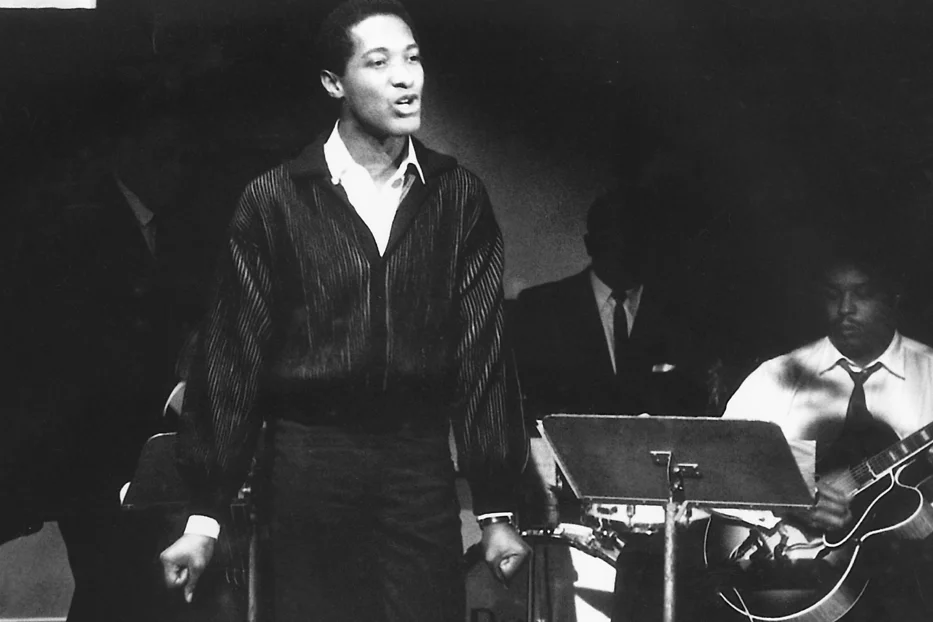
Sam Cooke’s “A Change Is Gonna Come,” released in 1964, was a powerful response to the civil rights struggles unfolding in America. Inspired by both personal experiences and the turbulent social climate of the time, Cooke’s haunting ballad became a symbol of hope and resilience. The song’s orchestral arrangement and Cooke’s soulful delivery made it not just a protest song, but an anthem for change, capturing the heart of the civil rights movement.
“A Change Is Gonna Come” is often regarded as one of the greatest songs ever written, blending the personal with the political in a way that felt both universal and deeply emotional. Cooke’s ability to channel his experiences of racial injustice into a song that transcended its time made it timeless. The song’s legacy continues to inspire movements for social change, and it remains a poignant reminder of the power of music to inspire progress.
6. “My Generation” by The Who
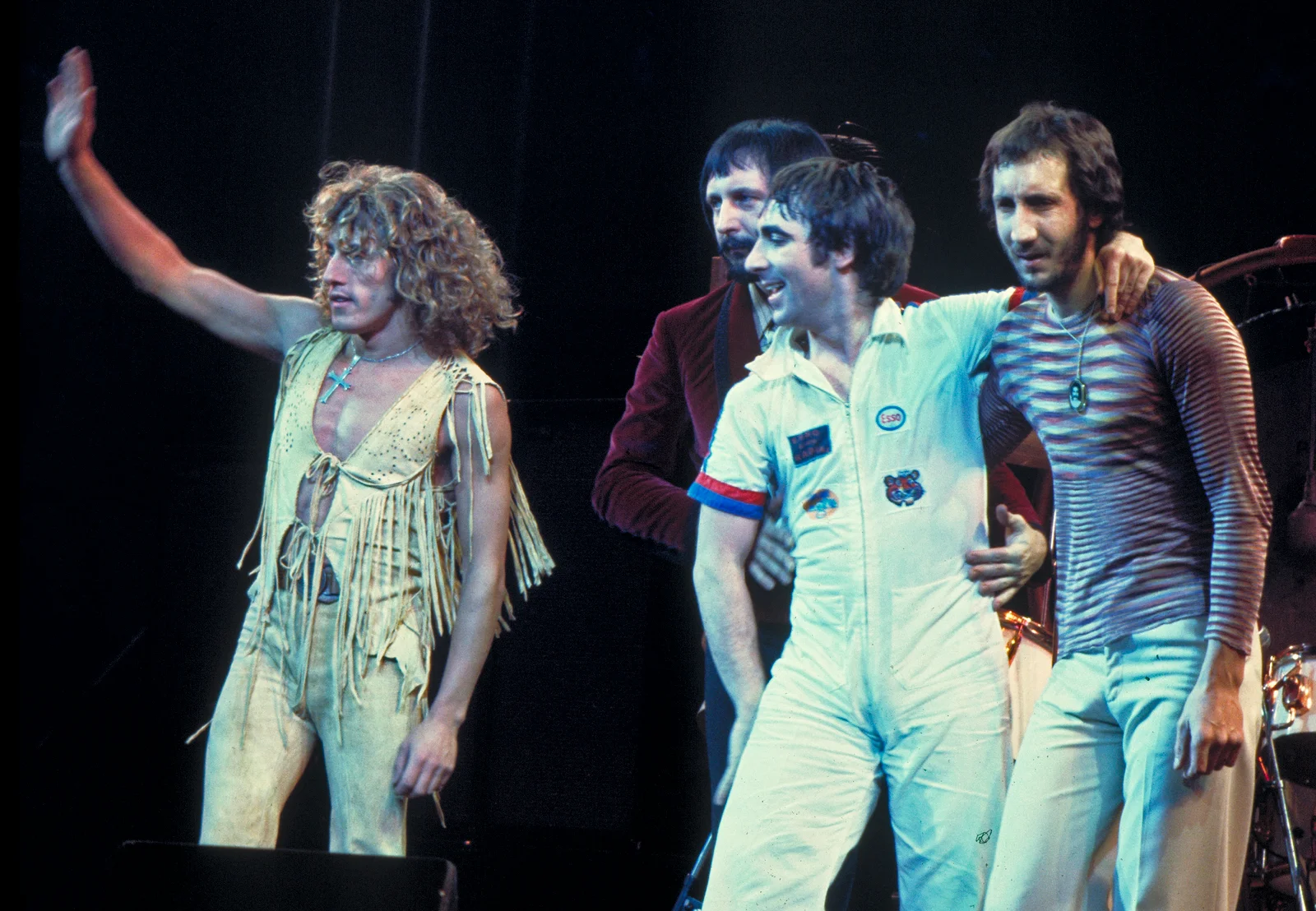
The Who’s “My Generation,” released in 1965, became the quintessential anthem of youth rebellion. Its title alone, paired with Roger Daltrey’s iconic scream, signaled that a new generation was rising up against the norms of the past. The song’s brash, energetic sound and defiant lyrics resonated with young listeners who were eager to break away from societal expectations. It perfectly encapsulated the spirit of the ’60s counterculture, offering a voice to the disillusioned youth of the time.
Not only did “My Generation” have a massive impact on the music scene, but it also helped define the British Invasion and establish The Who as one of the most influential rock bands in history. The song’s rebellious energy and anti-establishment message would influence generations of musicians, from punk rockers to modern alternative bands. It’s one of those songs that continues to speak to anyone who’s ever felt like an outsider, making it a timeless classic.


